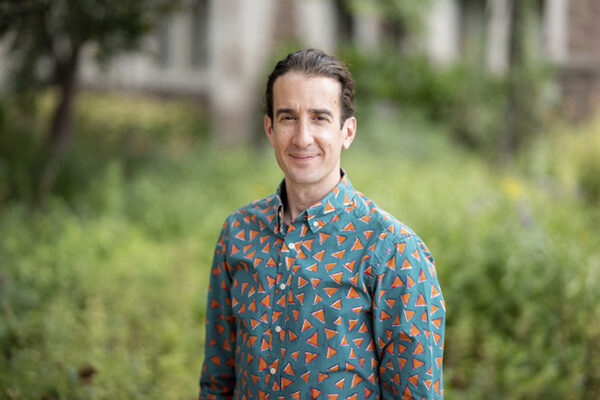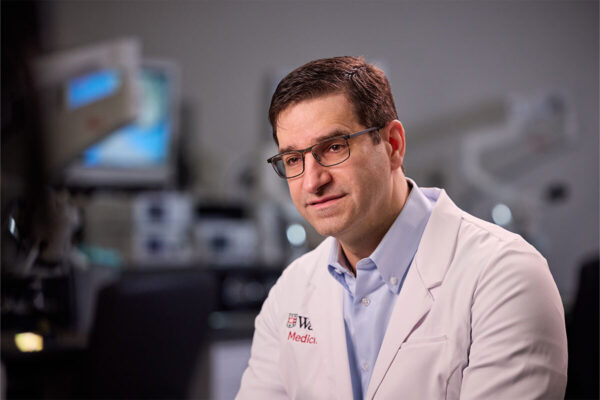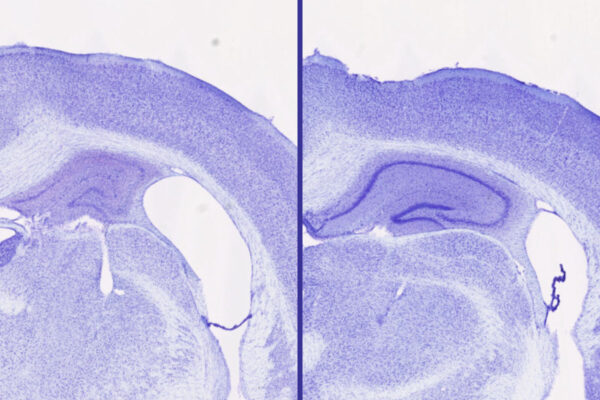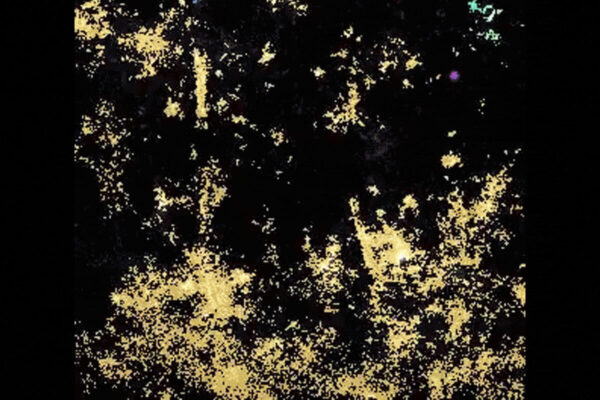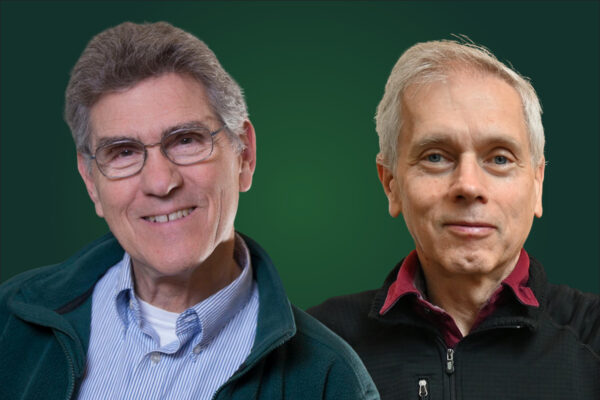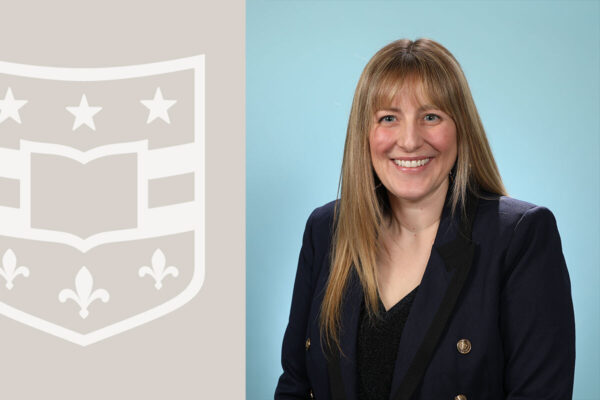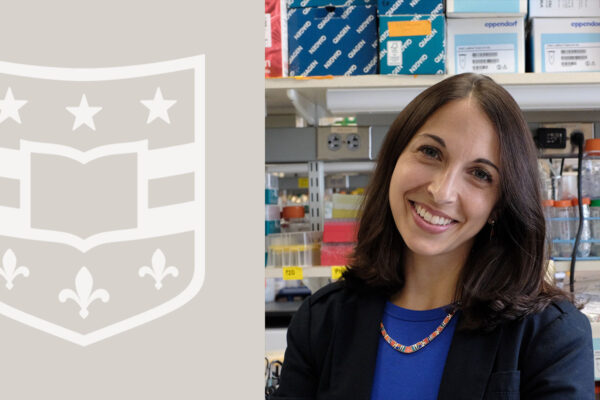A unified theory of the mind
Biologist Keith Hengen in Arts & Sciences at Washington University in St. Louis says “criticality” is the key to understanding how the brain works — and how to keep it free from Alzheimer’s and other diseases.
AI-based brain-mapping software receives FDA market authorization
The FDA has given market authorization to a WashU startup’s technology that quickly and accurately maps the sensitive areas in patients’ brains to help neurosurgeons plan safe and effective surgeries.
Phillips-Cremins named BJC investigator
Jennifer Phillips-Cremins, a pioneer in understanding 3D genome structure and its impact on the brain, will join WashU Medicine as BJC Investigator.
Research untangles role of stress granules in neurodegenerative disease
Researchers at WashU and St. Jude Children’s Research Hospital have found that biomolecular condensates play a role in suppressing the effects of ALS-causing mutations.
Sleep aid blocks neurodegeneration in mice
A new study by WashU Medicine researchers suggests that lemborexant and sleep aids that work the same way could help treat or prevent damage caused by harmful buildup of the protein tau in multiple neurodegenerative diseases, including Alzheimer’s.
Overlooked cell type orchestrates brain rewiring
Researchers at WashU Medicine led by Thomas Papouin have upended the textbook understanding of how connections between brain cells are rearranged during states of heightened vigilance or attention.
A neuro-quantum leap in finding optimal solutions
A computer scientist at Washington University has developed a problem-solving architecture modeled on neurobiology that leverages quantum mechanical behavior to guarantee optimal solutions to complex problems.
Two named to American Academy of Arts & Sciences
Two WashU faculty are among nearly 250 newly elected members of the American Academy of Arts & Sciences, one of the nation’s most prestigious honorary societies. They are physicist Carl Bender, in Arts & Sciences, and immunologist Marco Colonna, at the School of Medicine.
Study examines overlap in causes of cancer, neurodevelopmental disorders
A new analysis, led by WashU Medicine researchers and published in Cell Genomics, examines how certain proteins in human cells are implicated in both cancer and neurodevelopmental disorders, but behave differently, complicating potential interventions.
Pollina honored for innovations in neuroscience
Elizabeth Pollina, an assistant professor of developmental biology at WashU Medicine, has received the 2025 MIND Prize from the Pershing Square Foundation.
Older Stories
